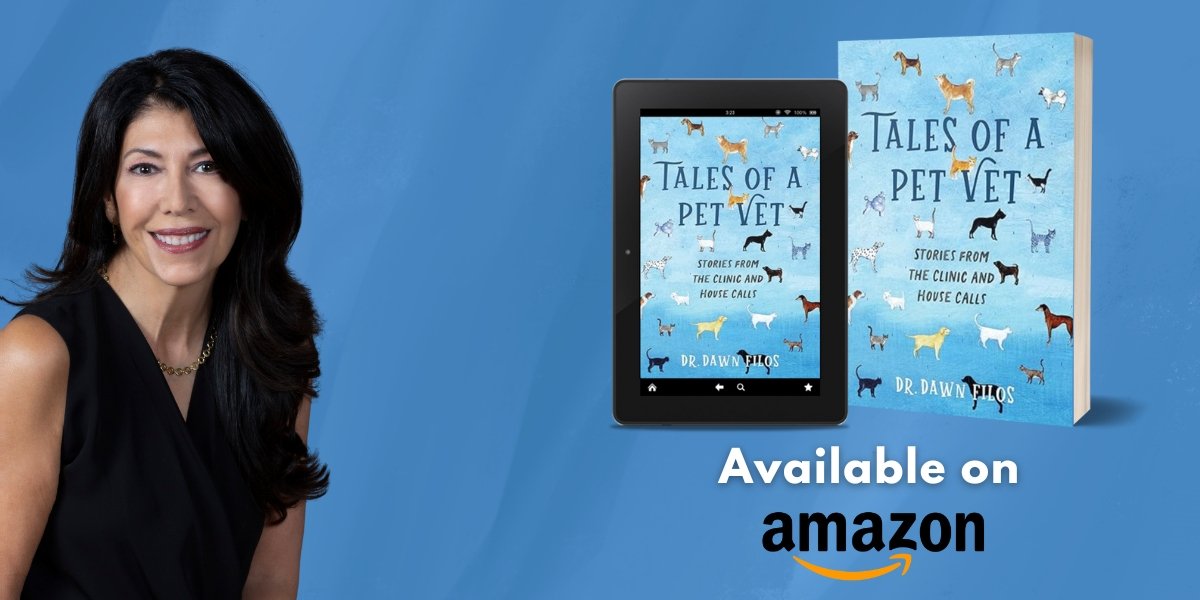By: Jasmine Harper
Losing a spouse is one of life’s most profound upheavals. When women suddenly become widows, they often face not only the overwhelming emotional pain but also the challenging reality of managing finances on their own. Drawing from decades of experience as both a CERTIFIED FINANCIAL PLANNER(™) and a Certified Grief Coach, Debra Morrison authored My Husband Died, Now What?: A Widow’s Guide to Grief Recovery & Smart Financial Decisions, aiming to help widows find clarity, strength, and direction during their most difficult times.
Her guidance sheds light on the often-overlooked intersection of grief and money management — two deeply intertwined yet distinct challenges that widows typically encounter. Through her book and conversations, Morrison seeks to dismantle misconceptions and offers advice that may help empower widows to regain control, step by step, with no rush or judgment.
Redefining Grief: A Personal and Non-Linear Journey
Debra broadens the traditional understanding of grief beyond simply the loss of a loved one. “Grief is the overarching process of reacting to any significant loss,” she explains. It encompasses a wide range of emotions and responses, and importantly, the progression through grief is unique to each person.
Many people expect grief to follow a prescribed order — denial, anger, bargaining, depression, acceptance — as though it were a predictable, linear path. Morrison challenges this notion, pointing out that grief is often nonlinear and can be unpredictable. “There is no ‘right’ way or timeline to grieve,” she emphasizes. What matters most is allowing the primary griever to tell their story, expressing their emotions freely without judgment or pressure.
The societal expectation that “time heals all wounds” is a misconception Morrison considers “as unhelpful as expecting a broken bone to heal without treatment.” Healing from grief requires intentional steps — emotional work, self-compassion, and eventually, practical planning.
The Critical Six-Month No-Decision Rule
Perhaps the most striking piece of Morrison’s advice is her cautious stance about rushing financial decisions immediately following a loss. “I advocate for a six-month no-decision period,” she suggests. During this time, widows should focus solely on grieving and not be pressured into making significant financial or legal decisions.
Even paying the funeral home bill, Morrison argues, may be deferred if it might cause hardship. The reasoning behind this is simple: when emotions are raw and intellect compromised by grief, mixing the two can lead to costly mistakes.
Too often, widows feel societal pressure to “do something” — to move quickly, fix things, and regain control. But Morrison advises patience. Let the mind and heart find some clarity before tackling major decisions.
Common Financial Mistakes Widows Should Avoid
Widows sometimes make hasty financial decisions in the early stages of grief, often driven by fear, overwhelm, or the desire to regain control. Morrison lists some common missteps:
- Paying off the mortgage immediately without considering tax or cash flow implications.
- Moving to be closer to children without fully weighing long-term financial and emotional needs.
- Handing over their inheritance or assets to a financial advisor or broker without completely understanding the consequences.
“Many of these decisions involve tax liabilities and emotional factors that can shift over time,” Morrison warns. “A premature decision may lead to situations that no longer align with the widow’s evolving needs.” By allowing the emotions surrounding grief to settle first, widows may gain the necessary perspective to evaluate options thoughtfully.
Why Emotions and Finances Must Be Handled Separately — But Not Ignored
Morrison explains that while grief and finances are often intertwined in a widow’s mind, they require different approaches. “Emotionally, widows need space to process grief,” she says. “Intellectually, they need clear-headed planning.”
Research in Neuro Linguistic Programming supports this view: when emotions run high, rational thinking tends to diminish, and vice versa. Trying to grieve and make complex financial decisions simultaneously “can dilute both,” Morrison cautions.
Her advice? Give grief the space it needs at first, then, when ready, engage a fiduciary financial planner to help navigate practical decisions without emotional pressure.
Overcoming Fear and Shame Around Money
Money issues are often clouded by fear and shame, especially for women who have been socialized to avoid financial matters. “Many widows fear handling money alone, feeling overwhelmed or mistrustful of advisors,” Morrison observes.
Some carry deep-seated shame from early life, religious teachings, or cultural messaging that money is “taboo” or “not for them.” Others may have had painful financial experiences, such as losing money in the stock market.
Morrison encourages widows to seek out Fiduciary Certified Financial Planners — professionals who work strictly on fees for their clients, earn no commissions, and provide unbiased advice that is in alignment with the widow’s financial goals.
“A good fiduciary acts as a quarterback, coordinating with accountants, attorneys, and insurance agents to create a holistic plan,” she explains. This trusted relationship can transform money management from a source of fear into one of empowerment.
The Need for More Than Just Financial Literacy
While many advocate for increasing financial literacy among women, Morrison stresses that literacy alone is not always sufficient, particularly for mature widows. “Women have faced decades of unequal socialization around money,” she says.
She also warns about predatory sales tactics: “Commission-driven advisors often push costly annuities and high-commission products on widows, products rarely sold to male survivors.” Widows deserve respect and advisors who prioritize their financial well-being, not their own commission checks.
Widows need to know where to find trustworthy guidance when questions arise, and they must have the confidence to seek help without shame.
Building Community and Support
Grieving widows also need compassionate community support. Morrison highlights that social isolation is common — after initial condolences, many widows find that invitations and support tend to dwindle.
Simple gestures can make a big difference. Morrison cites a practice where widows display a handkerchief in their window or tie it to a door handle to signal when they want company, removing the burden of asking for help.
Community offers emotional support that is crucial for healing, and participating in shared experiences or group coaching can foster empowerment and connection.
For more information about My Husband Died, Now What?: A Widow’s Guide to Grief Recovery & Smart Financial Decisions, or to purchase the book, visit Amazon.
Disclaimer: The information provided in this article is for general informational purposes only and is not intended as financial, legal, or psychological advice. While the insights shared are based on the expertise of Debra Morrison, readers are encouraged to seek personalized guidance from qualified professionals when making financial or emotional decisions related to grief and recovery. Every individual’s circumstances are unique, and this article does not substitute for professional counsel tailored to individual needs.













